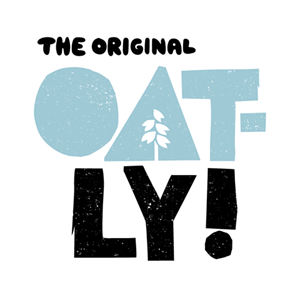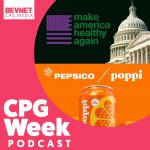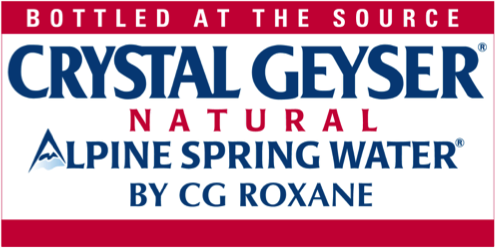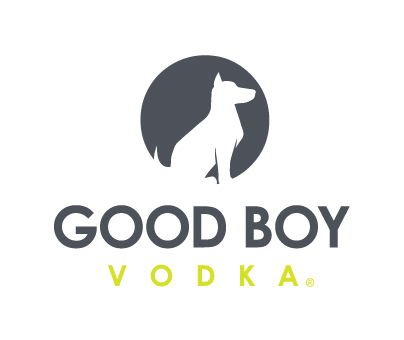Oatly: Q2 Earnings Hone in on Growth, Capacity Expansion
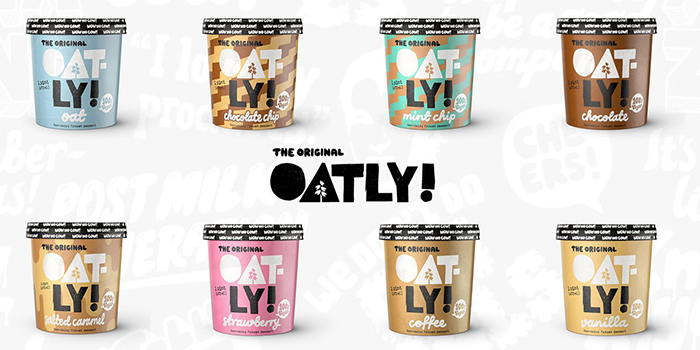
Oatly announced today Q2 revenue of $146.2 million, up 53.3% year-over-year in its first earnings report as a public company.
Global foodservice sales accounted for 33.2% of revenue in the quarter, compared to 21.6% in the same period last year. Meanwhile, retail sales accounted for 61.5% of revenue, down from 74.5% in 2020. Net sales per liter increased to $1.54, compared to $1.42 last year.
Combined revenue over the last 12 months, plus Q2, was $528 million, reflecting an 82% CAGR since 2018. Gross profit grew 29% in the same period to $152 million, with a CAGR of 58% since 2018. Europe, Middle East and Africa (EMEA) sales represented 56% of total revenue in the quarter, followed by the U.S. comprising 26% and Asia the remaining 18%.
After prioritizing growth over profit in the near term, Oatly is now focused on ramping up production and fortifying its supply chain in an effort to bring an end to product shortages in the next year. Speaking to investors and analysts during the call, CEO Toni Petersson said the company has opened two new facilities, including its Ogden, Utah factory and another in Singapore — marking the first time Oatly has had local production in Asia. As well, the company has doubled capacity at its Netherlands plant and is preparing to begin operations at a new facility in Maanashan, China later this year.
Also on the call, COO Peter Bergh noted that production capacity has long been “a major constraint” on Oatly’s growth but said the company is finally in a position to begin meeting demand. In total, the company now has five self-manufacturing and hybrid facilities globally, with four more currently under construction (including the Maanashan location). The company now anticipates it will have capacity to produce up to 1 billion liters of product by the end of 2022, he added.
In the long term, Bergh said Oatly’s ultimate goal is to have 50-60% of total product volume self-manufactured, with co-packing accounting for just 10-20% and hybrid facilities making up the remaining 30-40%.
According to Petersson, capacity limits did put a limit on Oatly’s growth during Q2, but production was up 43% to 106 million liters. However, between capacity issues and challenges from the pandemic, he estimated revenue was impacted by about $12-14 million.
As of June 30, Petersson said Oatly products are currently sold in over 65,000 retail doors and over 60,000 food service locations (including cafes) globally, with over 30,000 accounts coming online since January. Of those locations, 16,000 retail stores and 26,000 foodservice accounts are in the U.S. The company anticipates 2021 revenue of more than $690 million.
“As we discussed during the IPO, we continue to prioritize growth investments over profitability in the next few years to best position Oatly to serve customers and consumers alike to focus on taste, nutrition, sustainability, transparency and trust with a strong emotional connection to our brand,” Petersson said on the earnings call. “We believe these priorities are critical for accelerating conversion from the global dairy market, which we estimate to be worth approximately $600 billion in the retail channel value alone as of 2020, with a large foodservice footprint and growing e-commerce opportunity.”
In the U.S., Petersson said the company has begun to re-focus on the food service channel, following a shift to retail last year amid pandemic lockdowns. In particular, the company’s exclusive partnership with Starbucks has been off to a strong start, with the coffee chain doubling its initial order prediction.
“This is exciting for us because, as our capacity increases in the second half of this year, we will be back to fulfilling 100% of the oatmilk need this fall. We are currently providing two-thirds of oatmilk volume, and this continues to grow,” Petersson said. “Starbucks is a strong collaborative partner, and we look forward to growing with them across existing and new geographies.”
Petersson also addressed a report last month released by Spruce Point Capital Management, a research firm focused on short selling, that accused Oatly of overstating its revenue and made explosive claims that the company might never be profitable. Petersson said Oatly formed a special committee of its board of directors, independent legal counsel and forensic accountants to review the report, which found Spruce Point’s claims to be inaccurate.
“While we believe the report to be false and misleading, if someone makes an allegation, it is our responsibility to take it seriously. And we did,” Petersson said. “The special committee has completed the review, and I’m pleased to say that we continue to fully stand by the accuracy and efficacy of our reporting.”

